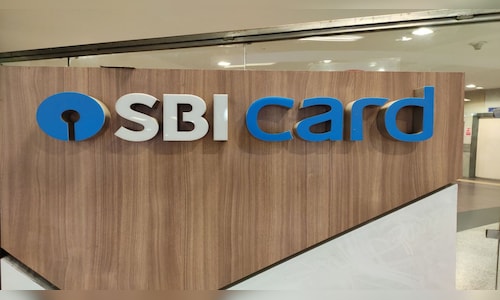HomeMarket NewsJane Street Group restrained from accessing securities market by SEBI, ₹4,843 crore to be impounded
Banks where Jane Street entities have accounts ordered to ensure no debits are made without prior permission from the market regulator.

Market regulator Securities and Exchange Board of India (SEBI) on Thursday, July 3, in an interim order, barred the Jane Street Group and its related entities from accessing the securities market.
The entities are further prohibited from buying, selling, or otherwise dealing in securities, directly or indirectly, according to the SEBI interim order.
The order further states that the unlawful gains earned by the JS Group entities, from the alleged violations, amounting to ₹4,843 crore, will be impounded and the entities have been directed to open an escrow account in a scheduled commercial bank in India to deposit these unlawful gains.
Banks where Jane Street entities have accounts ordered to ensure no debits are made without prior permission from the market regulator, according to the order.
The regulator in its order has asked entities to close or square-off any positions within the next three months or at the expiry of such contracts, whichever is earlier.
Jane Street Group LLC is a global proprietary trading firm and employs more than 2,600 people in five locations across the US, Europe and Asia, trading in over 45 countries. It uses algorithms to identify trading opportunities in the market.
Here is a timeline of the events highlighted in the SEBI order:
April 2024: SEBI analyses based on media reports referencing a legal dispute involving Jane Street Group for alleged unauthorised use of their proprietary trading strategies in the Indian markets.
July 23, 2024: NSE asked to examine trading activity of JS Group to ascertain any market abuse.
August 2024: SEBI interacted with JS Group on August 20 and JS Group submitted its response on August 30, explaining their trades.
November 13, 2024: NSE examination report on JS Group trading activity submitted.
December 2024: SEBI observed what appeared to be abnormally high or low volatility on weekly index options expiry day. SEBI also noted there were certain entities consistently running what appeared to be by far the largest risks in cash equivalent terms in F&O terms, particularly on expiry day.
February 4, 2025: Officials noted that prima facie, JS Group appeared to be engaging in activities in violation of SEBI PFUTP regulations
February 6, 2025: As per SEBI's instructions, NSE issued a caution letter to Jane Street Singapore Pte. ltd. and its related entities, to ensure that the JS Group desisted from undertaking trading patterns that were prima facie fraudulent and manipulative.
February 2025: JS Group sent their responses to the caution letter on February 6 and February 21, 2025.
May 15, 2025: JS Group was found to continuing running very large cash-equivalent positions in index options, in disregard to the caution letter issued by the NSE.
In F&O terminology, cash equivalent generally means short-term, highly liquid investments that can be easily converted to cash and are generally used as collateral or trading. These instruments allow traders to use their existing holdings for margin requirements potentially earn them interest or returns, while still participating in F&O trading.
First Published:
Jul 4, 2025 6:36 AM
IST

 3 weeks ago
3 weeks ago
















